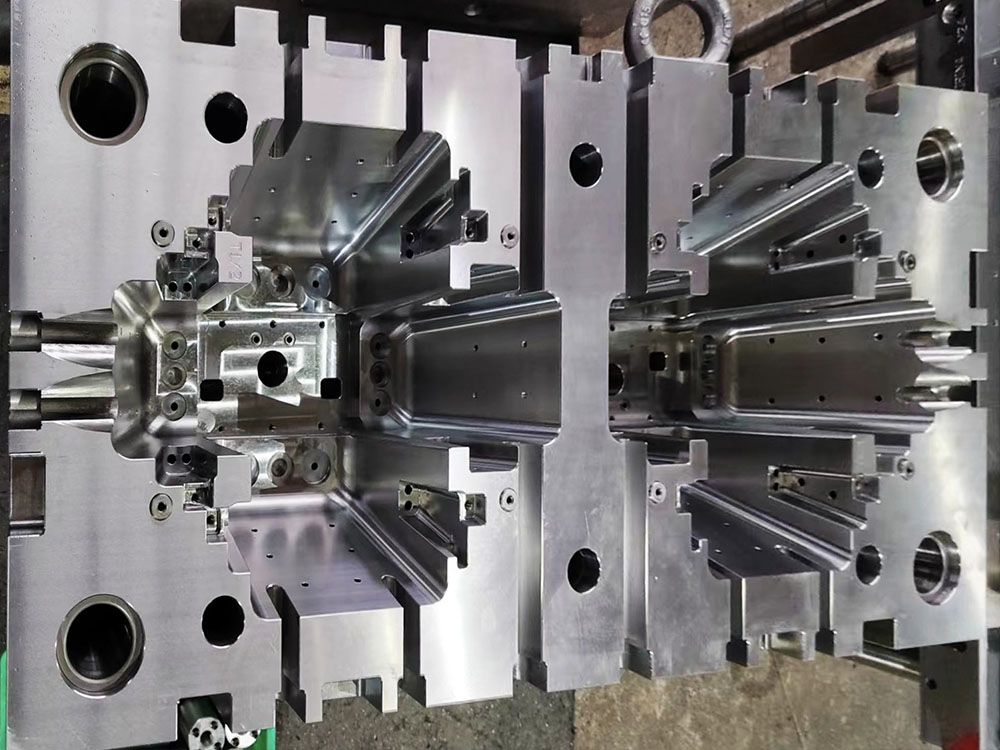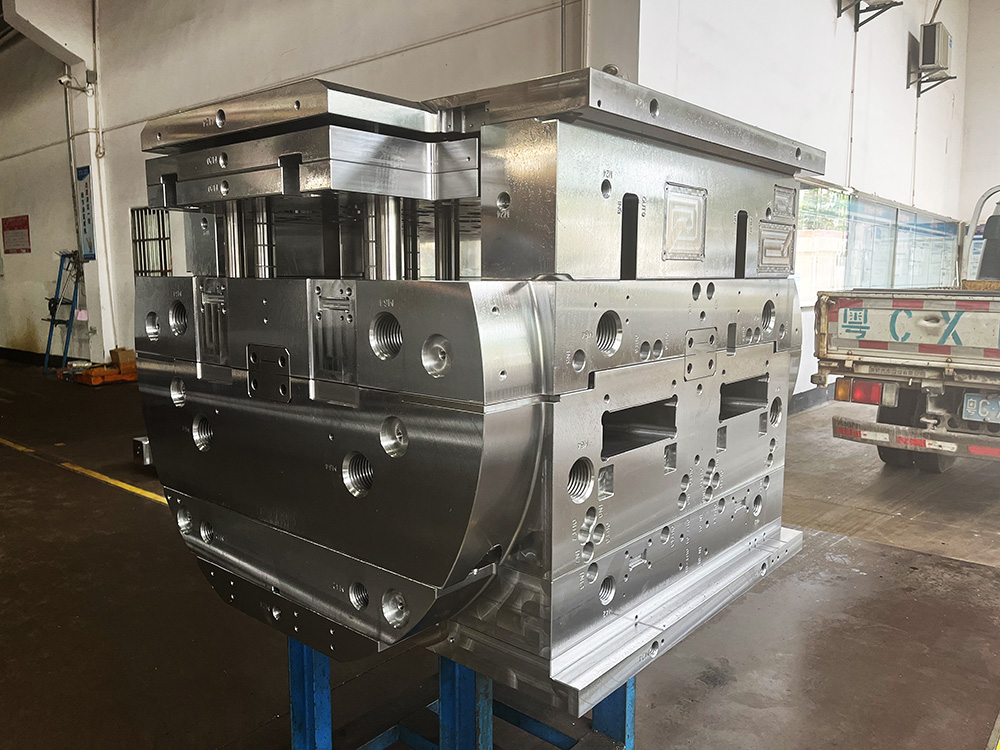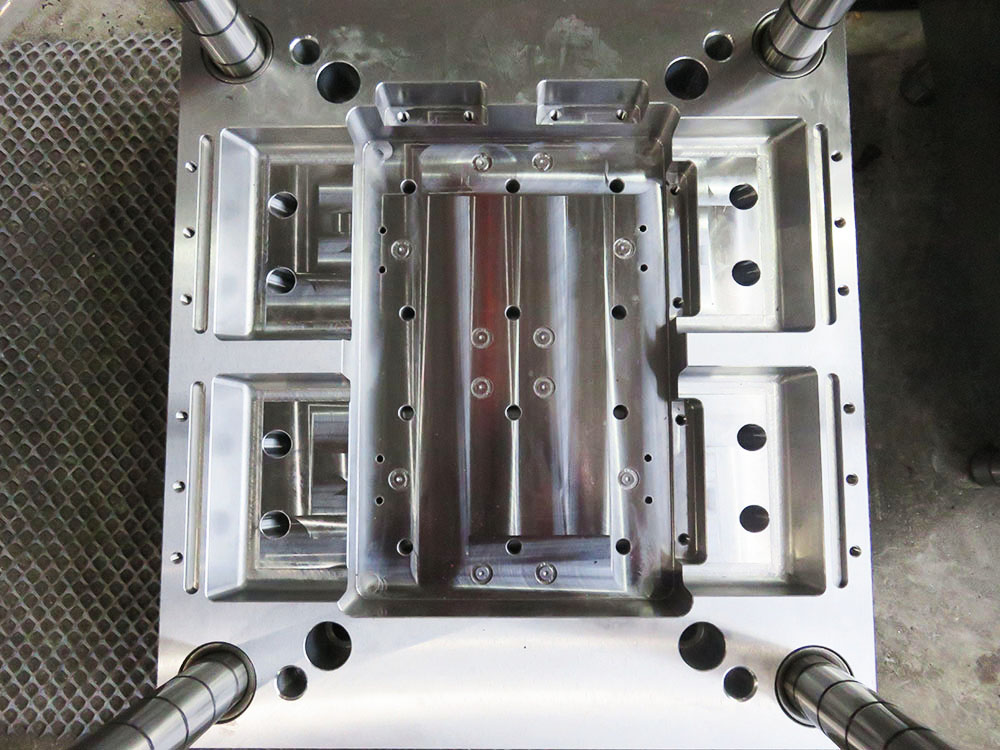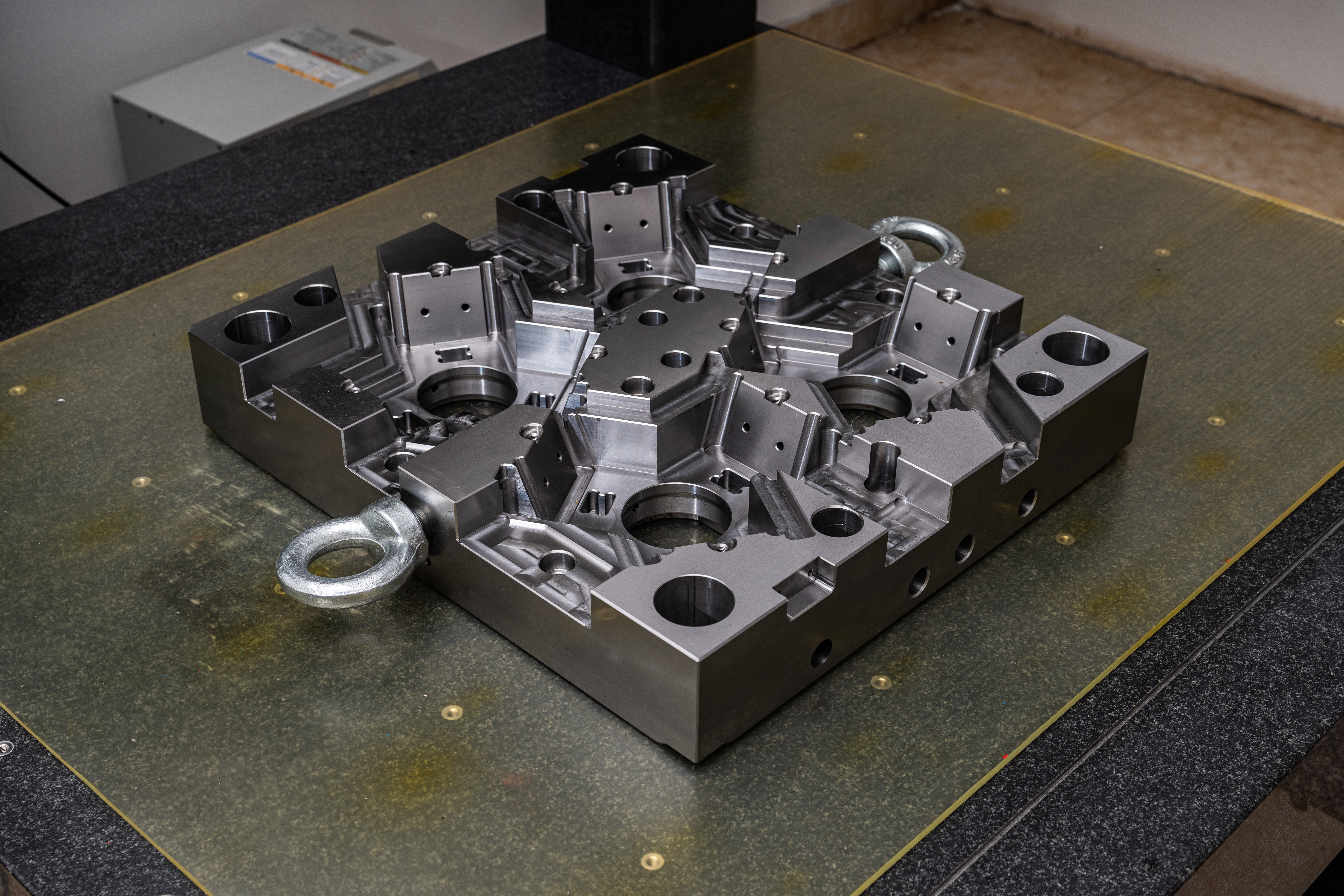When is Expert Evaluation Required for Supporting Structures in the Mold Base Industry?
The mold base industry plays a crucial role in the manufacturing sector, providing the foundation for the efficient and accurate production of molds. The supporting structures in mold bases are responsible for holding and guiding various components of the mold, ensuring precise alignment and functionality. While standard design guidelines are followed in most cases, there are instances when expert evaluation becomes necessary. This article explores the situations in which expert evaluation is required for supporting structures in the mold base industry.
1. Complex Mold Designs: Mold designs can vary significantly in complexity, depending on the product requirements. In cases where the mold design involves intricate shapes, undercuts, or complex parting lines, expert evaluation is essential. These complex designs may require additional support structures to ensure optimal mold function and longevity.
2. High Production Demands: The mold base industry serves diverse sectors, including automotive, consumer goods, and medical industries, where high production demands are common. When designing supporting structures for mold bases intended for high-volume production, expert evaluation is essential to ensure that the structures can withstand repeated use without compromise in quality or performance.
3. Innovative Materials and Technologies: With advancements in material sciences and manufacturing technologies, the mold base industry has witnessed the emergence of innovative materials and processes. For instance, the use of lightweight materials, such as aluminum alloys, or the application of additive manufacturing techniques can present unique challenges for supporting structures. Expert evaluation is crucial to determine the compatibility of these materials and technologies with the required structural integrity of the mold bases.
4. Critical Tolerance Requirements: In industries like aerospace or precision engineering, where tight tolerances are paramount, supporting structures in mold bases must meet stringent requirements. Expert evaluation becomes necessary to ensure that the supporting structures are designed to maintain the desired tolerances throughout the production process. This evaluation may involve the use of advanced modeling and simulation techniques to predict the behavior of the mold base components under different operating conditions.
5. Customized Mold Bases: In cases where customized mold bases are required, expert evaluation becomes imperative. Customization often involves unique requirements, such as non-standard sizes or specific functionality. Expert evaluation helps ensure that the supporting structures are tailored to meet these specific needs, minimizing the risk of structural failures or suboptimal performance.
6. Compliance with Standards and Regulations: In industries subject to regulatory requirements, such as the medical or food industries, mold bases must comply with specific standards and regulations. Expert evaluation is indispensable to verify compliance with these requirements, ensuring that the supporting structures meet the necessary safety and quality criteria.
In conclusion, expert evaluation is required for supporting structures in the mold base industry under several circumstances. Complex designs, high production demands, innovative materials, critical tolerances, customized mold bases, and compliance with standards are some of the situations that warrant expert evaluation. By ensuring that the supporting structures meet the specific requirements, expert evaluation contributes to the reliability, durability, and performance of mold bases in various industries.




